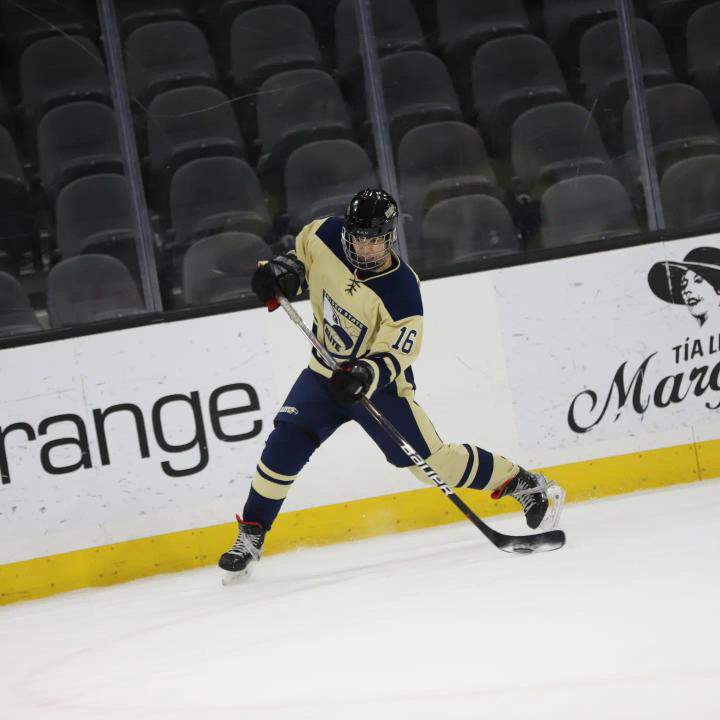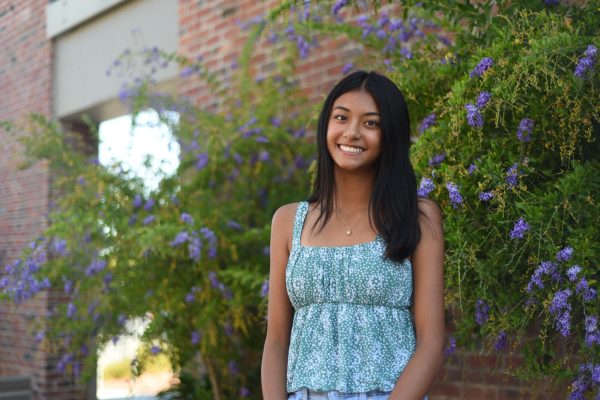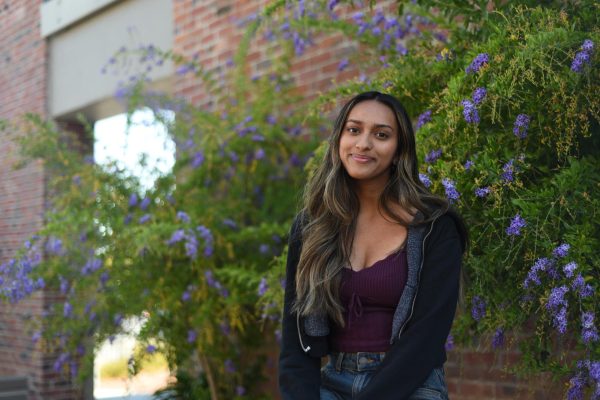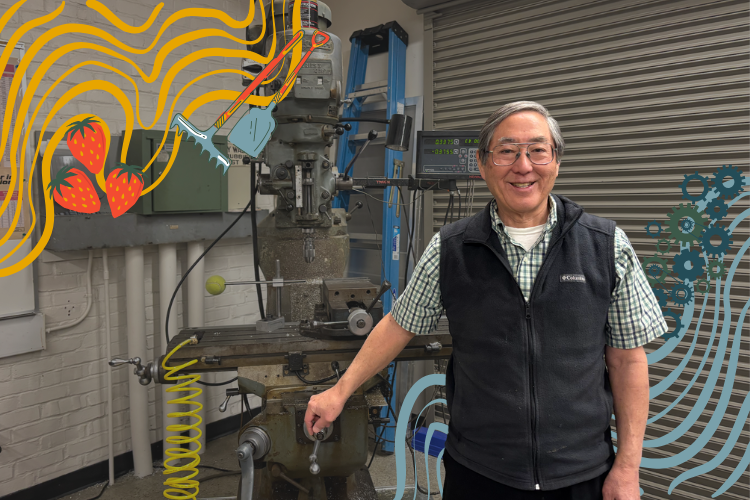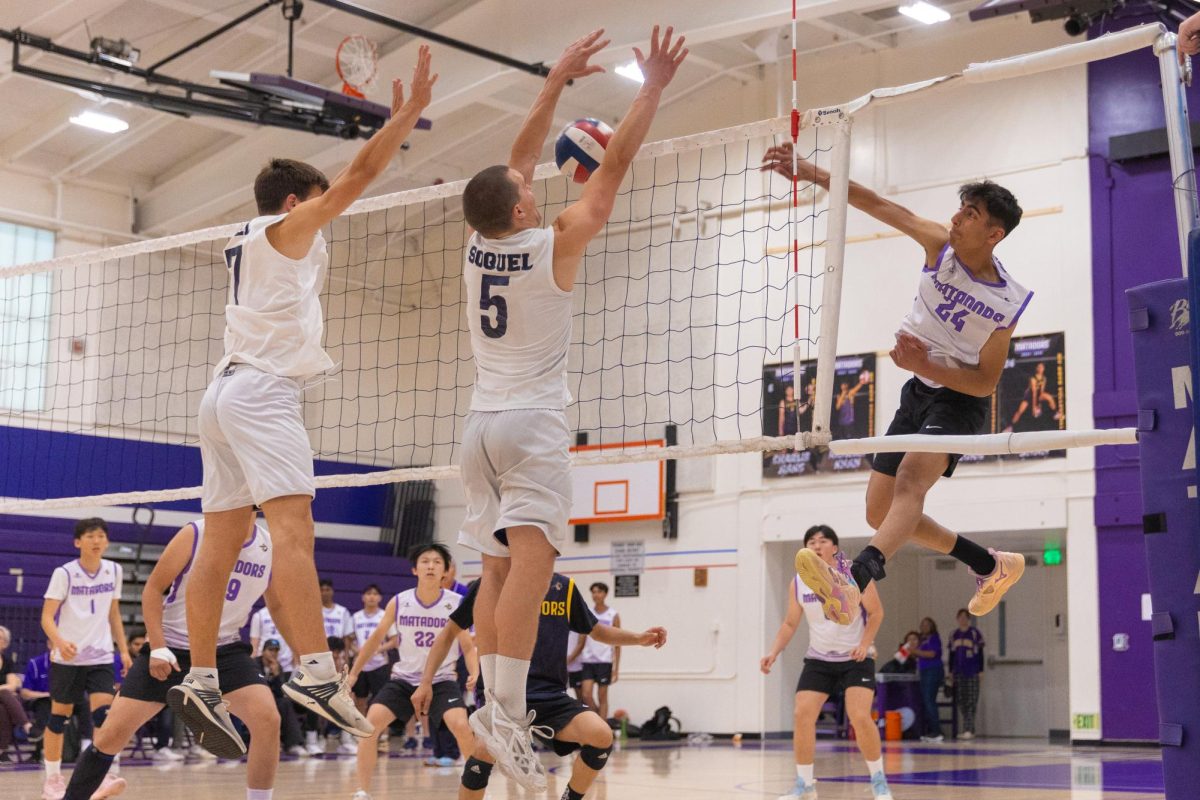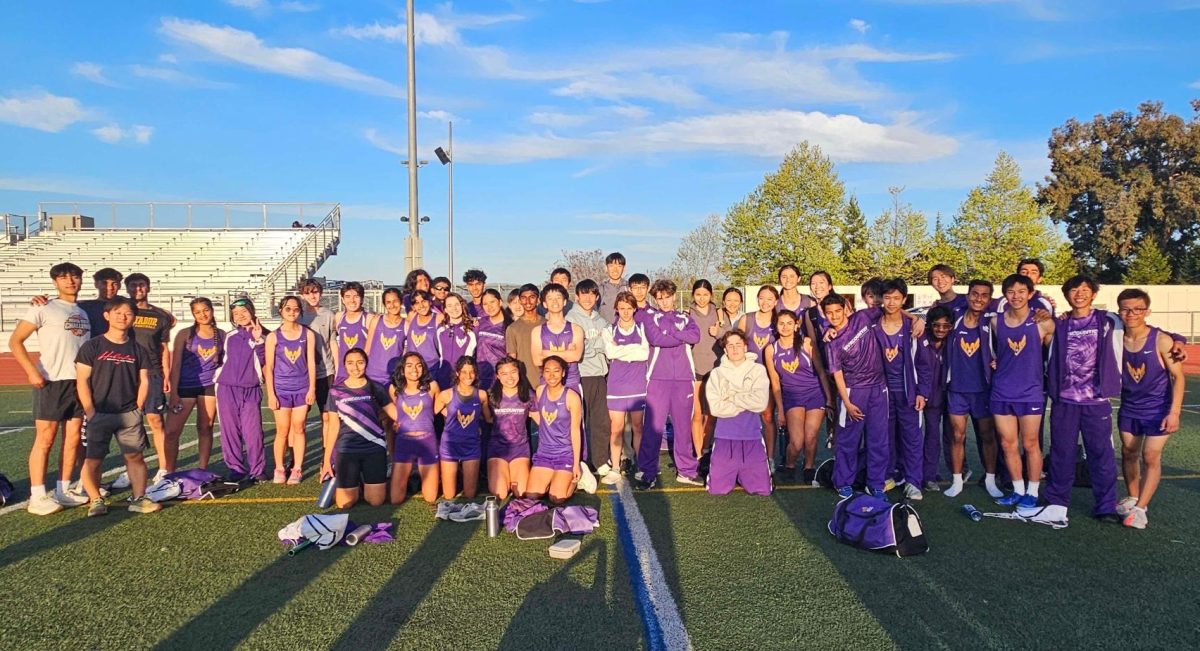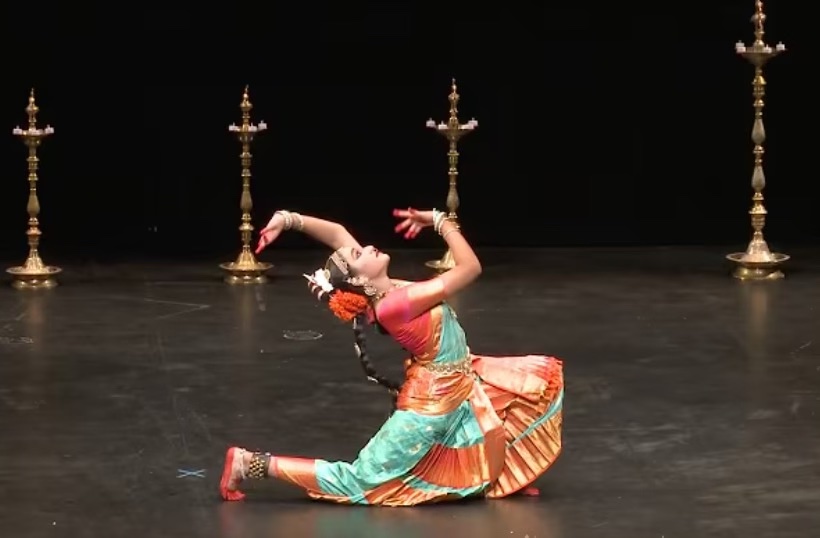LD: Hi everyone, I’m Leah.
SN: And I’m Sania.
LD: Welcome to Episode 16 of Time Out! where we dive into the sports scene at Monta Vista, and explore the journeys of different athletes. Here with us today is Christopher Lamfalusi to tell us about his hockey journey.
LD: So when did you start playing hockey?
CL: I started ice skating lessons when I was seven and I first started going to actual hockey lessons when I was eight.
SN: How and why did you start playing hockey?
CL: Initially, my mom just dragged me to a hockey lesson and I didn’t really want to go at first, but she was like, ‘It’ll be good. You can try another sport.’ So I was like, ‘Fine,’ and then I ended up really liking it, so I continued to go and keep doing it.
LD: What were your initial thoughts when you were beginning your journey in hockey?
CL: I didn’t really like it. It was hard, it made me sweat, it made me sore, but I think that as I kind of started to get better and saw myself progressing faster than other kids, that kind of pushed me to continue to keep wanting to get better.
SN: What challenges have you faced through playing hockey?
CL: I mean, playing a sport, you’re always trying to make the best team possible because I started at an age later than most people and I’m just kind of trying to make my way up in terms of skill level and level of play.
LD: And then how have you come back from these setbacks that you’ve faced?
CL: Kind of just by trying to put in more work than other people. You know, getting in the early 5 a.m. practices, just getting on the ice whenever it’s possible and making sure to get all the practice time, you know, watch film and all that kind of stuff.
SN: Why did you decide to keep playing hockey?
CL: I really enjoyed it and it was also something that I was good at. I played other sports like tennis, but I really sucked at tennis. I played it for two years and never got past the starting level. But hockey was something that I actually saw my progression in and I could actually see that I was getting better as I continued to play, which kind of kept pushing me.
LD: What role do your teammates and coaches play in your life?
CL: So far, I’ve kept in contact with most of my teammates that I’ve had. It feels like more of a bond where even after you guys don’t necessarily play on the same team or some of my teammates moved to different states, but whenever they’re in town, we still plan to go hang out and see each other. In terms of coaches, they’re also obviously a really big part of your life because you turn to them when you need a ride or you need a letter of recommendation. When you need anything it feels like you can turn back to your coaches.
SN: And how do they support you or inspire you?
CL: I mean, I think that especially my coach right now, he’s a pretty funny guy and nice, and I feel like he has good morals too that he always tries to push onto us. So I feel like in terms of a role model, he does a really good job in that aspect.
LD: How often do you train for hockey?
CL: It kind of depends on what time of year and what time of the month but I’d say right now maybe it’s four or five days a week but towards the beginning of the season, like August/September, it was pretty much like every day. Then sometimes multiple times a day and then in the summer you go to more clinics and camps. So there’s some weeks where it’s really busy and some weeks where it’s like nothing. Then in the spring, it’s kind of the same thing where it’s on and off. You join some spring teams and play some weekends, but I would say probably the busiest towards the beginning of the season and summer.
LD: And how has this schedule changed over the years?
CL: Over the years it’s gotten a lot busier obviously as I’ve gotten better and started playing on better teams and got invited to more stuff. It started out just very casual, like once, twice a week and then maybe three or four times and then now it is where it is.
SN: How has this schedule impacted your academic life?
CL: It obviously makes it harder, you know, having to balance everything. But I think that that also kind of helps to make me a more well-rounded and adapted student because it forces you to have better time management and kind of know when your stuff is, you have to communicate with teachers. I feel it obviously makes it harder but also it’s better in terms of helping my personal abilities as a student.
LD: And what are some of your favorite hockey memories?
CL: Ah, my favorite hockey memories. I think probably when I was 11, we were the first team in our division and we destroyed everyone. Then I think that going to playoffs that year was really nice and going to tournaments with that team because it was like we always won.
SN: And how has playing impacted you?
CL: I think that sports in general teaches you a lot of lessons but I feel like hockey is great, especially because it teaches you important lessons in terms of teamwork, especially since you have to be able to work with the people around you.Even if you don’t like them, you have to forget about that for the good of the team. I think also as an individual, it really teaches you to push yourself and if you want something you have to go after it yourself.
LD: And then what are your goals for the future in hockey?
CL: I think obviously the dream would be to play college Division I, but I think that playing in college at any level for me is kind of the goal even if it’s like club or DIII. I just want to be able to continue playing throughout the rest of my school experience.
SN: That’s it for episode 16 of Time Out! Thank you so much to Christopher for joining in on the episode.
LD: I’m Leah.
SN: And I’m Sania.
LD & SN: Thanks for tuning in!
Music credits: Lukrembo — Affogato




